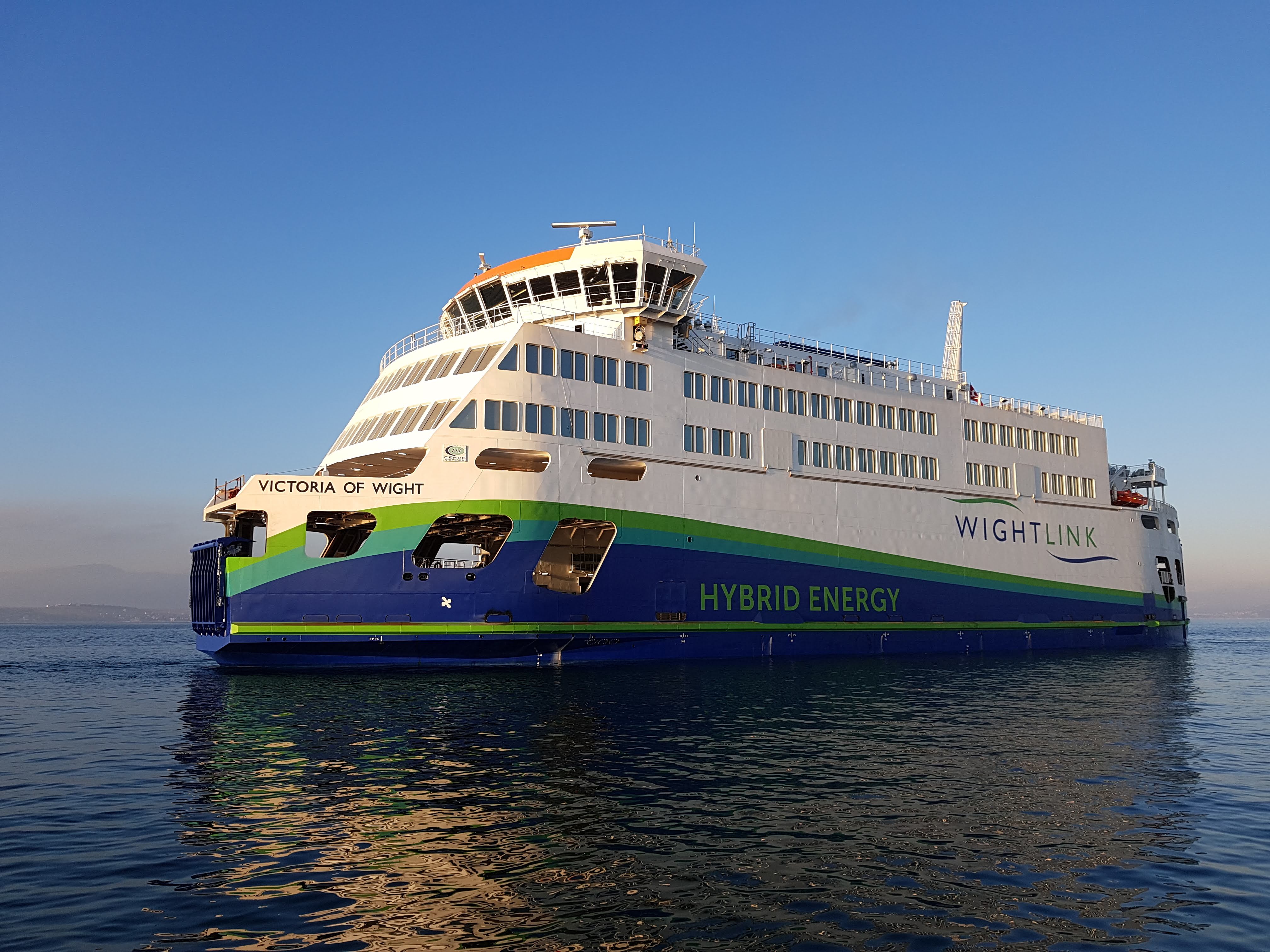FLO-MAR project overview

Four UK organisations will be working together on the project to investigate how the design of electric and hybrid ships, from ferries through to tugs and wind farm vessels, can be optimised to accommodate flow batteries and to assess the advantages this technology offers in comparison with existing lithium-ion batteries and hydrogen fuel-cells.
Flow batteries have the potential to offer much faster charging in port, coupled with cost-effective, high-capacity storage, however they have not yet been configured for marine applications. The FLO-MAR project will select the vessel types and operating situations most suitable for flow batteries and will develop an outline vessel design to validate the advantages offered by this battery type.
The FLO-MAR project will be instrumental in assisting the UK to achieve The Clean Maritime Plan's goal of 'zero emission vessels operating in UK waters' by enabling the replacement of fossil fuel combustion with electric propulsion. Preliminary investigations suggest that flow batteries could be particularly well suited to a variety of vessels including domestic passenger vessels as well as offering a possible solution for shore-power systems in ports.
The FLO-MAR project brings together a consortium of 4 organisations with considerable expertise including Houlder, naval architects with broad experience in vessel design; Swanbarton, specialists in energy storage and control technologies for electrical power systems; Lloyd's Register, a classification society with expertise in risk assessment and certification and Marine South East, a marine cluster with expertise in delivering innovation projects and commercialisation roadmaps.
To be kept informed of this project and its findings please subscribe to our Maritime Decarbonisation Interest Group at: https://mseinternational.org/interest_groups/decarbonisation/



